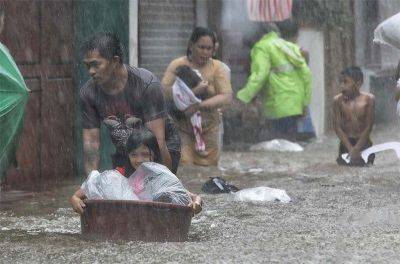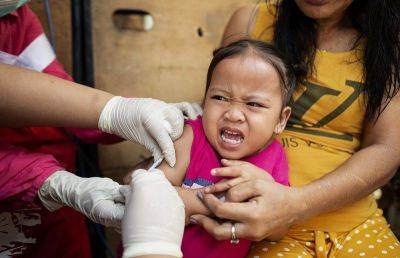Dengue cases spiking: DOH
THE Department of Health (DOH) yesterday sounded the alarm over the rise in dengue cases but stopped short of declaring a national outbreak of the mosquito-borne disease.
In a press conference, Health Secretary Teodoro Herbosa said the 208,965 cases recorded this year is 68 percent higher compared to the same period last year (124,157 cases).
“The Department is now concerned (over dengue). There are too many dengue cases being reported compared to last year… Dengue has really become our top priority now,” Herbosa said.
He said the DOH has detected clustering of cases in at least three regions — Central Luzon, Western Visayas, and Central Visayas. The National Capital Region (Metro Manila) is close to having dengue case clustering.
“In these three regions, they are seeing more than 40 percent increase in cases. Some areas there have even declared state of calamity because of dengue,” he said.
Herbosa said the DOH is not set to declare a national dengue outbreak but the agency has asked concerned local government units (LGUs) to make the declaration.
“Declaring an outbreak is based on the LGUs. There is no national outbreak since dengue is already endemic in the Philippines,” he said.
“The LGUs that are seeing more than double in increases are the ones that made declarations after conferring with the local epidemiology surveillance units. We let them make the declarations,” he added.
With dengue being transmitted by the mosquito Aedes aegypti, the DOH is renewing its call for the public to help in eliminating breeding sites.
He said this is the most important weapon against dengue, more than using vaccines and fogging mechanisms.
“The most important thing is to find the breeding sites for mosquitoes, such as old tires, pales, and gutters, as these are the common areas that become breeding sites,” he said.
“Vector control is really the most important tool. If there are fewer mosquitoes, there will be fewer dengue cases,” added Herbosa.







